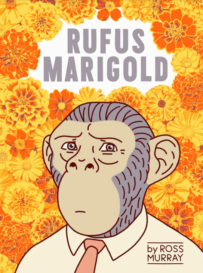The Problem with Blurbs
Masterpiece. Tour-de-force. Genius. Visionary. Momentous. Gripping. Unique. Hilarious. Phenomenon. Luminous. Take ten random books from your shelf. Turn them over. Chances are, you’ll see a few of those words.
If there’s anything about a book that makes me cringe, it’s usually a blurb. Over the years, these self-important sound bites have developed an insidious, cliché-ridden language of their own, mostly words or expressions that are either too broad (“intense”), meaningless (“tour-de-force”), loaded (“as good as it gets”), or hilariously overwrought. Such a narrow range of toadying adjectives simply end up patronising and/or misinforming.
Blurbs are often suspiciously self-serving, an extra leg-up for the person giving the blurb. Used on the right book, a blurb can enhance the blurb provider’s credibility. And it goes without saying that writers will scratch one another’s backs. There’s nothing wrong with helping a friend, but it’s a wider issue than that: we didn’t always require these little notes to validate our choices, so why have we started?
Maybe hyperbolic blurbs are just a product of our age. In an era where the act of a man kicking a football can be a masterpiece, or where a practical joke in an office can be considered genius, perhaps I shouldn’t be surprised to hear Author X “writes like an angel“.
Chris Greenhough
Tags: blurbs, book promotion, cg, marketing, modern language, use of language















Sigh … I’d love to know how angels write.